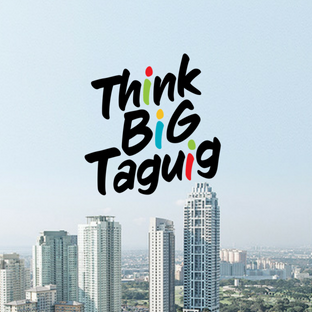


Located at Barangay Napindan, Parola was built in 17th century. This centuries-old lighthouse became the secret rendezvous point of the Katipunan as it planned its revolution for Philippine Independence.
The Parola was chosen by Gat Andres Bonifacio as a meeting place because it was the most accessible channel from Tondo, Manila and from the Municipios along the Pasig River and the Province of Laguna.


Built in 1587, Santa Ana Church was declared by the National Historical Commission as a National Historical Landmark.
In 2022, the Vatican formally designated the Archdiocesan Shrine of St. Anne in the City of Taguig as a minor basilica, one of the 20 churches in the country to have received such honor.


The Mind Museum is a world-class educational facility dedicated to providing an extraordinary educational experience that inspires the public understanding of science. It is a project of the non-profit Bonifacio Art Foundation, Inc. It is located at JY Campos Park, 3rd Avenue, BGC.


The Philippines Veteran’s Museum is another one of Taguig’s historic sites located at Barangay Western Bicutan.
Located at Veterans Road, it features war stories as interpreted by life-sized montages and retold by different art forms combined with advanced technology.
It is the only museum in our country that shows World War II in the form of tableaus on the daily life of Filipino crusaders during the said time.
A secret tunnel, used during World War II, is part of a guided tour. Displayed at the Museum are war materials such as weaponry, war relics, and dioramas depicting the multi-dimensional role of army soldiers.


Inaugurated by Colonel Emmanuel de Ocampo in February 23, 1993, the monument pays tribute to the World War II heroes from Taguig and a symbol of heroism of the USAFFE, ROTC Hunters Guerillas, Philippine Army, Philippine Scout, and the Philippine Constabulary.
It stands proudly in front of the Taguig City Hall in Barangay Tuktukan.

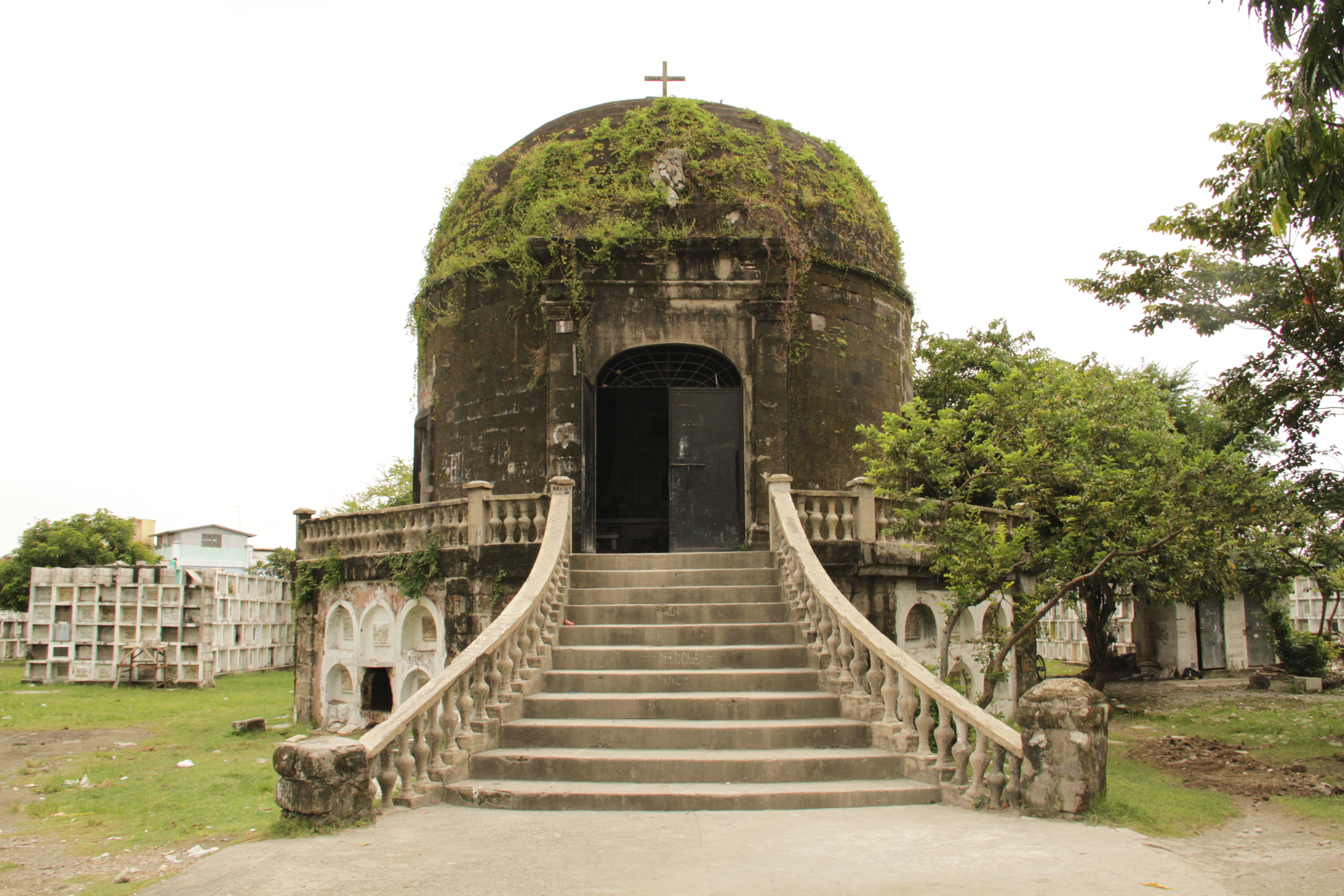
The Simboryo, located in Sta. Ana Catholic Cemetery in Barangay Tuktukan, is an elevated mortuary chapel geometrically shaped as a dome with a diameter of 12 meters.
It served as a base station for Filipino soldiers during the Philippine-American War and a witness to World War II.


Originally known as Republic Memorial Cemetery, the Libingan ng mga Bayani built in 1947 located at Fort Bonifacio, Barangay Western Bicutan is the official resting place of Philippine Presidents, National Heroes, and Patriots as mandated by Section 1 of the law.
It was established in honor of the Filipino men and women who fought for liberty during the World War II.
Former President Carlos P. Garcia was the first Philippine president to be buried at the Libingan ng mga Bayani.


Located in Fort Bonifacio, Barangay Western Bicutan, the Manila American Cemetery and Memorial was built on 1944 and managed by American Battle Monuments Commission. American soldiers who died in Philippine-New Guinea operations during the World War II are buried in the cemetery.
It is known to be largest cemetery in the Pacific since 1960 with an area of 615,000 square meters.


Blue Mosque, located at Barangay Maharlika, is a religious center and a symbol of faith for the Muslim Community. It houses a conference room, library, clinic, a secretariat and an Imam office, and three madrasah classrooms.
The Muslim Community celebrates Eid al-Adha and Eidul Ftr in Blue Mosque through offering a prayer.


Plaza Bonifacio, located at Barangay Ligid-Tipas, was inaugurated by Rizal Provincial Governor Eulogio Rodriguez Jr. on February 25, 1940. It stands as a symbol of resiliency to Filipinos.
The City of Taguig yearly celebrates the birth of Gat Andres Bonifacio at the monument to commemorate his heroism and sacrifices.


Plaza Quezon, located opposite the Minor Basilica and Archdiocesan Shrine Parish of St. Anne, is a monument that pays tribute to President Manuel L. Quezon during his presidency. The plaza acts as a public space for events such as Buwan ng Wika.


The Bantayog ng mga Bayani ng Tipas, built in 1949 located at Plaza Bonifacio in Barangay Ligid-Tipas, is a monument that commemorates the victims of the largest Japanese "zone" operation in Tipas on December 1, 1944.
The memorial wall bears the names of over 295 victims from Taguig, and the eight Taguig leaders are immortalized beneath the statue.


The Felix Y. Manalo National Historical Landmark, also known as the Felix Manalo Shrine or Felix Manalo Birthplace Memorial, is a memorial and plaza in the City of Taguig recognized as a National Historical Landmark.
The site marks the birthplace of the Iglesia ni Cristo founder and leader Felix Manalo.

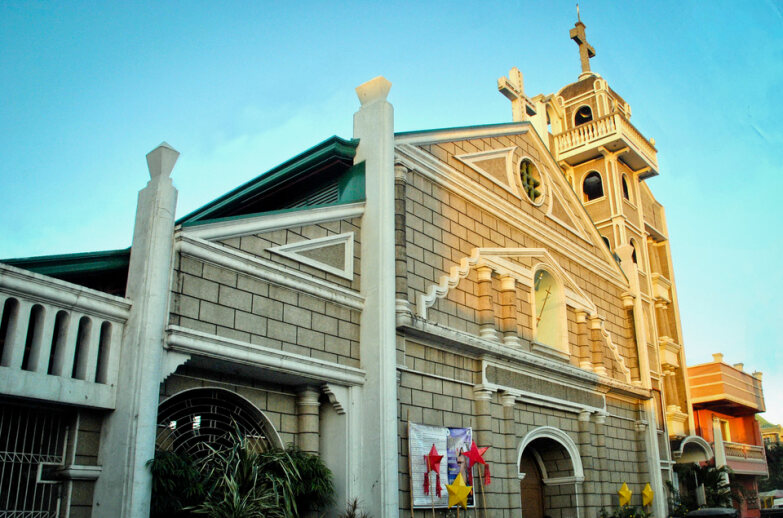
Dambanang Kawayan represents a fusion of culture, art, and religion. The edifices found within the church were originally constructed using only native bamboo. Its designation as St. John the Baptist Parish was conferred on November 17, 1969.

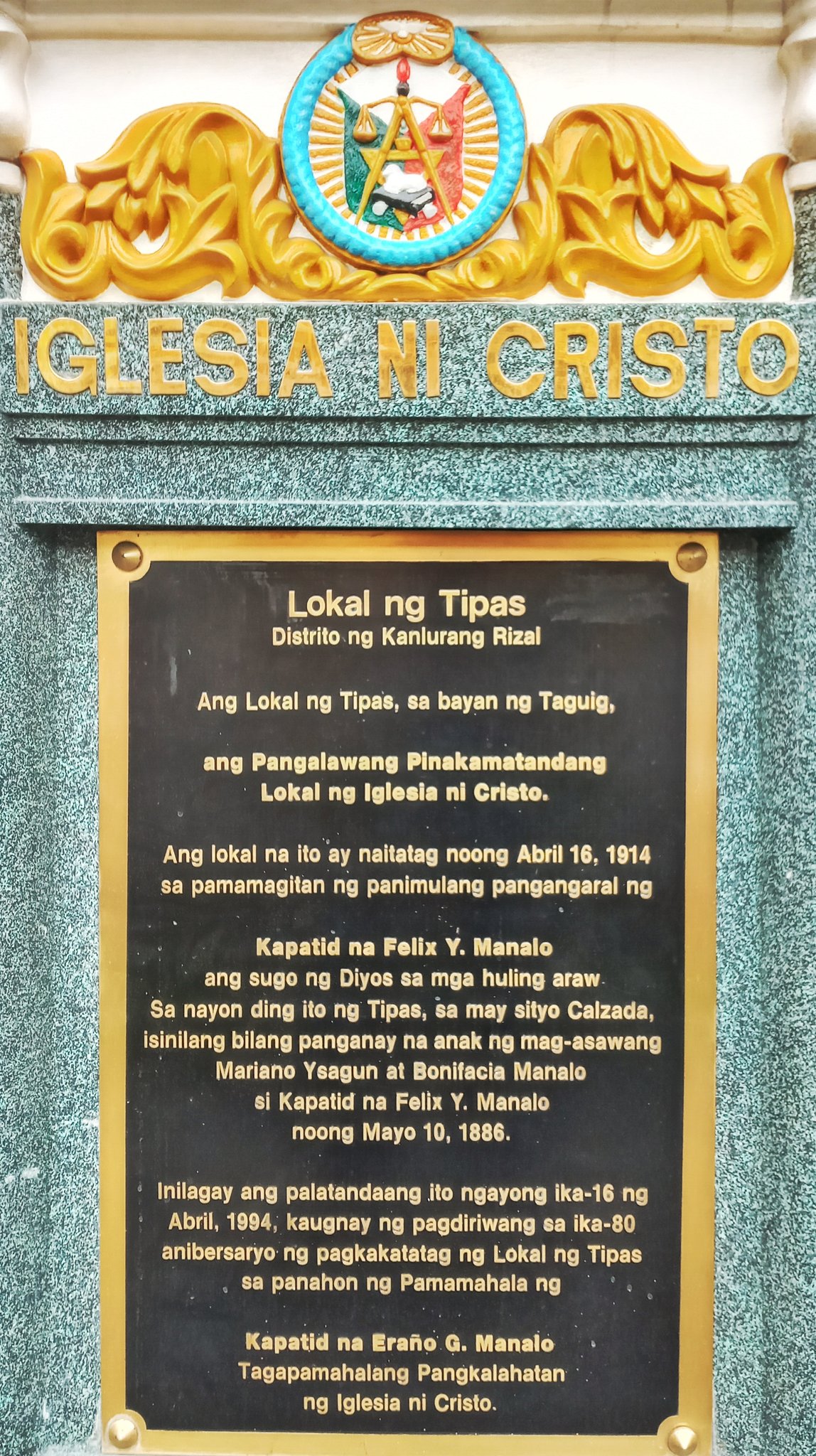
After forming the first congregation in Punta, Santa Ana, Manila, Felix Y. Manalo established its second oldest congregation of Iglesia ni Cristo in his hometown in Barangay Ligid-Tipas.
During INC's 80th founding anniversary in 1994, a historical marker was placed in the locale of Ligid-Tipas to recognize one of the pioneering congregations.

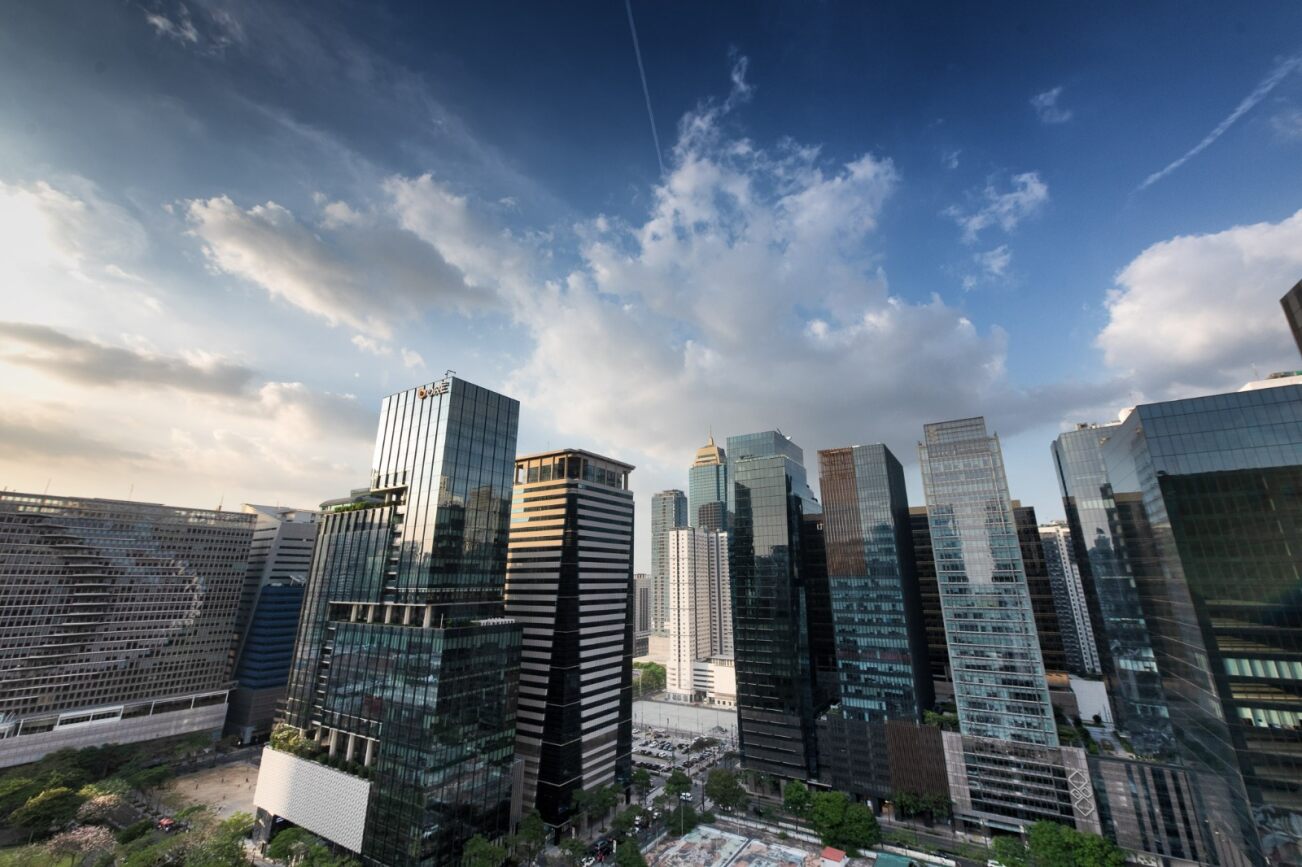
Bonifacio Global City (BGC) is a modern and active area in the City of Taguig that has a lot to offer. It has high-end shopping centers, diverse dining options, and lively nightlife.
BGC is also a popular destination for businesses and residents alike, with many offices and residential condos. The district has a well-organized layout that includes plenty of green spaces and public art.
The area is easy to navigate and it provides a seamless blend of work, play, and living.
For more information, visit theThink Big Taguig official Facebook page:
